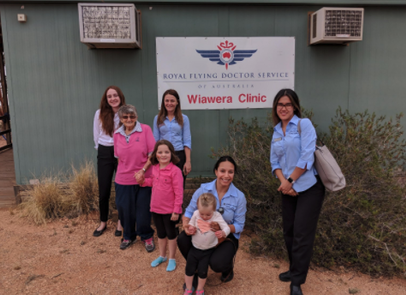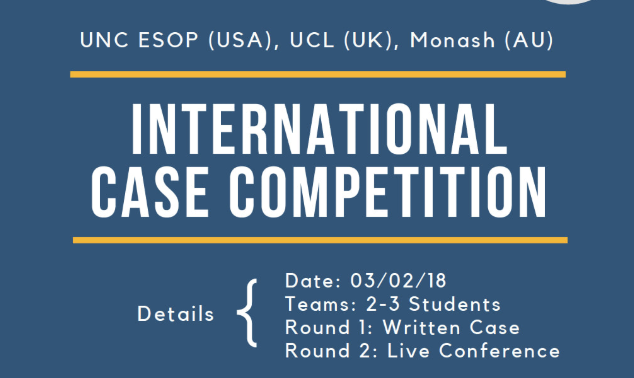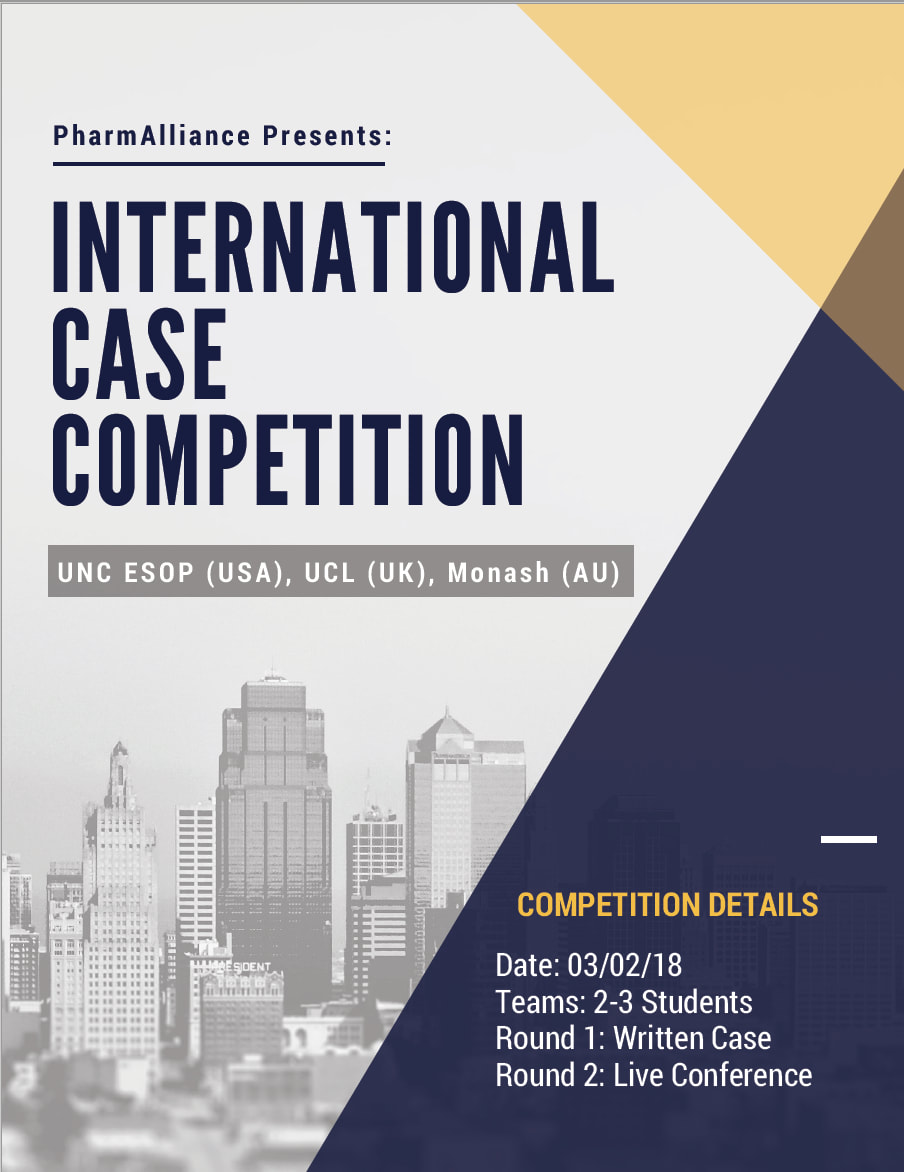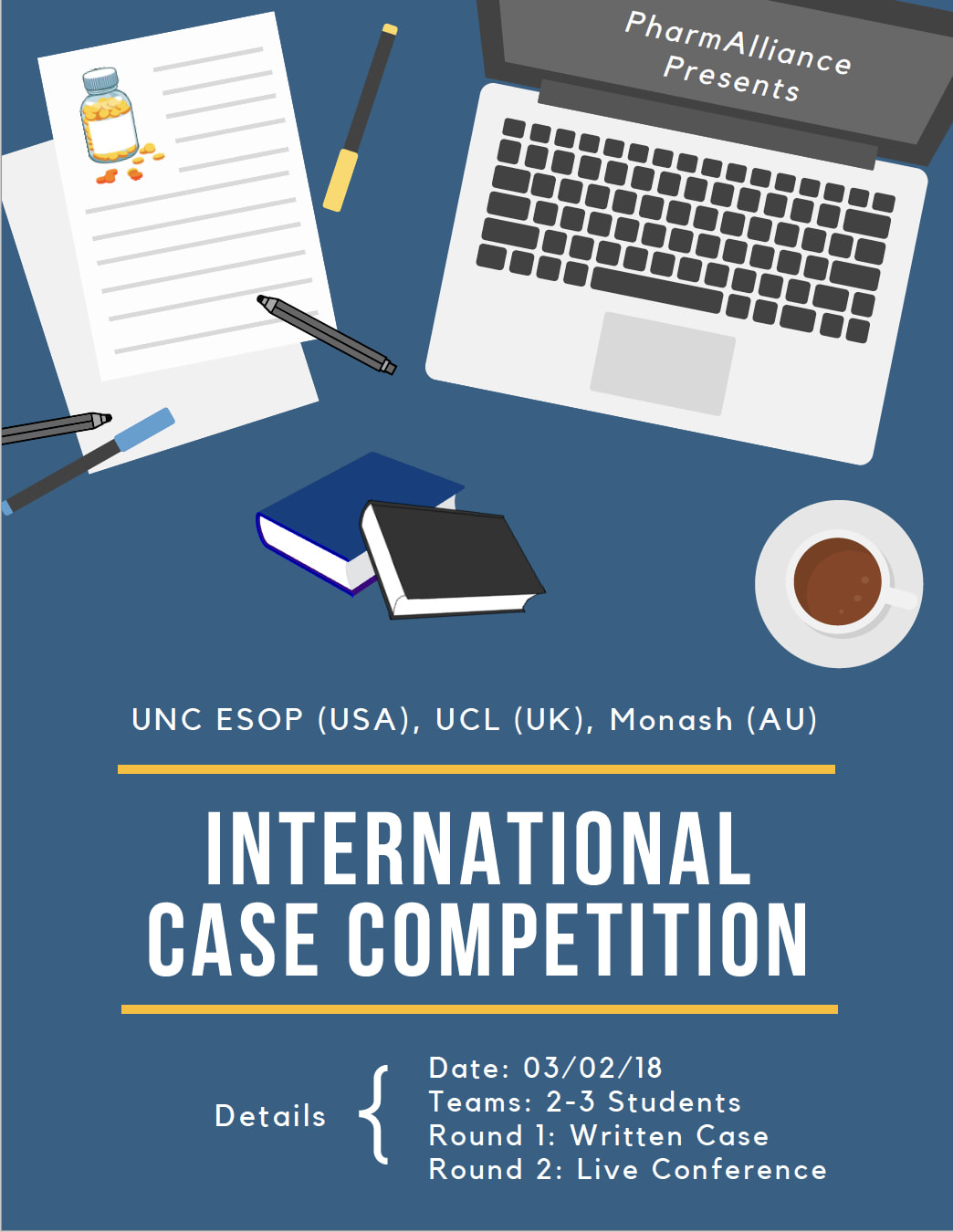|
At Monash, we experience 4 kinds of pharmacy placements. A little about each type of placement has been written by some Monash students including Pharmalliance committee members Alisha and Emma. Read ahead to find out their experiences from their January/ February placements!
1. Community: Students spend 3 weeks gaining practical experience in a local pharmacy where they learn to dispense and counsel on medications and provide health education to the general public. Students can choose to do 1 or 2 community placements. 2. Hospital: Students get 2 opportunities throughout the year to work in major hospitals in Melbourne. In here, we get a chance to work in a multidisciplinary team and contribute in treating patients with complex health conditions as well as dispensing prescriptions and observe sterile manufacturing.These placements last for 3 weeks as well. This is how my friend, Krista, found it. I remember being very nervous and apprehensive about going to my very first hospital placement. I believe everything ran smoothly due to the great organisation skills of the PEP (Professional Experience Placement) staff. It was a relief that the PEP staff took into account our residential addresses when allocating us to our hospital locations. I was allocated to complete my placement at Sunshine Hospital which was less than an hour’s worth of commuting, of which I was very grateful. The pharmacy department staff were very accommodating and welcoming. They certainly went above and beyond to ensure that we felt comfortable. Our preceptor Dorothy, was so helpful and genuinely cared for our well-being and education. She was very organised and allocated us timetables to various wards to make sure we were exposed to as much of the hospital as possible. She would even take the time out of her day to meet us for daily education sessions. We found these sessions so helpful and handy and we will never forget how awesome she made our first hospital placement to be. 3. Rural: Students have a choice to go to a rural town to participate in activities in a community pharmacy of that area and in some cases, work in a rural hospital. This placement not only trains us to be pharmacists but also demonstrates the rural lifestyle and its challenges. 4. Remote Rural: I was lucky enough have the opportunity to visit a remote area of Australia for 6 weeks. It did take up part of my summer holidays but coming to Broken Hill, a mining town in the Outback, gave me a chance to learn of the positive and negative aspects of healthcare in remote areas of Australia. Visiting Broken Hill provided me experience in a community pharmacy and in a remote hospital where healthcare workers must overcome challenges due to their location to provide their patients the best treatment possible. I’ve learned how mining affects the health of the locals and of the programs in place to enhance Aboriginal health (such as Close the Gap). The locals in Broken Hill are friendly but a stoic bunch as they have endured droughts and floods of the desert. Some patients live or work in isolated areas such as the sheep station we visited. This is why healthcare in a remote area requires specialised services such as the Royal Flying Doctors Service to fly some patients to the Broken Hill hospital or to more specialised centres in cities. In some cases, an offroads ambulance is required to drive to areas where the airplanes can’t land. I guess you can say that there’s never a dull day with healthcare in Broken Hill!
4 Comments
Check out the International Case Competition! Registrations opening soon!
More information UNC Registration Monash Registration |
�
Categories
All
Archives
October 2022
|





